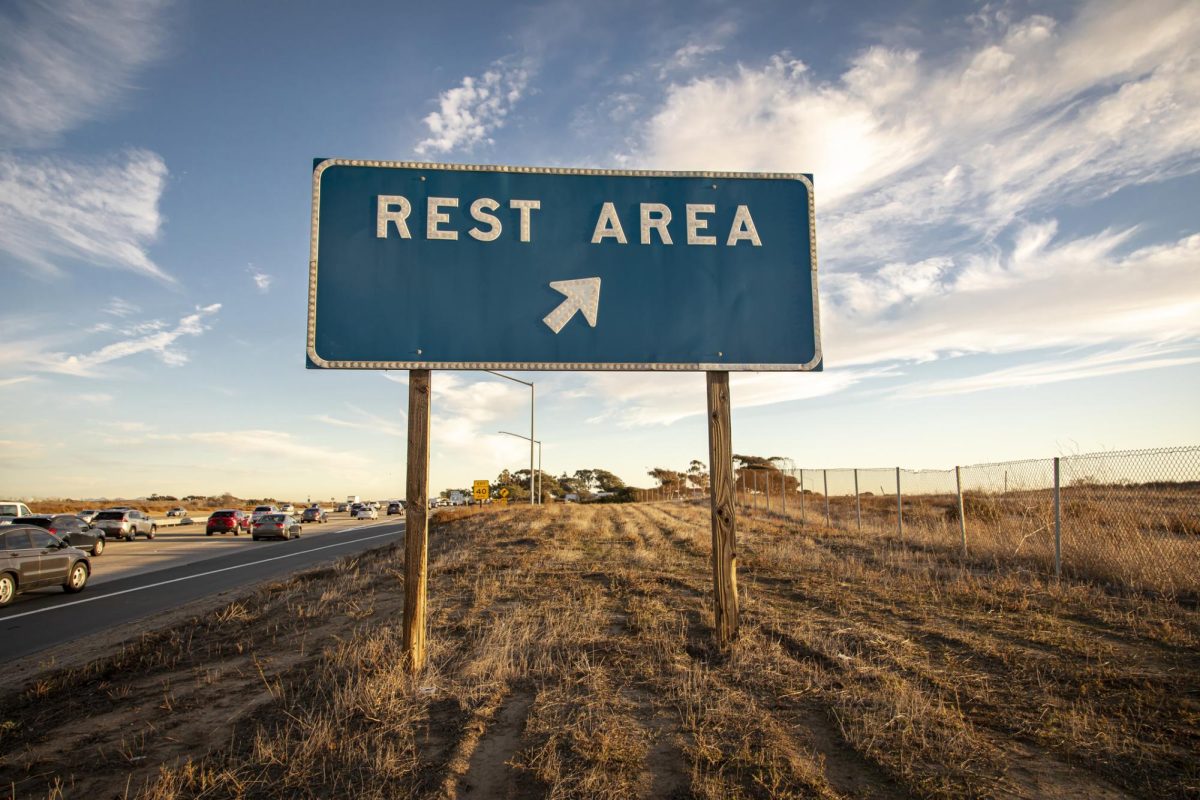I’ve never been to a Chick-fil-A. But people love the place. In fact, according to surveys, Chick-fil-A is the most popular fast-food restaurant in America, and has been for a long time. But the company has irritated progressives over the years because of its owners’ Baptist convictions, including their once vocal opposition to same-sex marriage. New York Mayor Bill DeBlasio at one point urged city residents to boycott the chain. The controversies have died down–mostly, I think, because Chick-fil-A has backed off some of its less popular public policy stands.
A bill currently under consideration in the NYS Legislature makes clear that progressive irritation with Chick-fil-A hasn’t gone away entirely. Chick-fil-A restaurants close on Sundays for religious reasons, including seven Chick-fil-A franchises at rest stops on the NYS Thruway. The bill, sponsored by progressive Assembly Member Tony Simone, would put an end to Chick-fil-A on the Thruway, at least with respect to future concessions. Going forward, contracts for rest-stop concessions would require vendors to open seven days a week.
Simone argues that hungry drivers are on the Thruway every day of the week and need places to stop and eat. That makes sense. On the surface, the bill would seem to be a classic, “neutral and generally applicable” law that wouldn’t cause problems under the Free Exercise Clause. Any effect on businesses like Chick-fil-A that close one day a week for religious reasons would be incidental and constitutionally unobjectionable.
But the bill is less neutral than first appears. The text of the bill targets Chick-fil-A’s Sunday closing policy specifically, by name. The evil the bill seeks to remedy seems not the fact that some restaurants on the Thruway operate fewer than seven days a week to the inconvenience of motorists, but that one restaurant, in particular, does so, in order to observe the Christian sabbath. Chick-fil-A could argue plausibly that the bill doesn’t qualify as neutral, but singles out religious observance–theirs–for disfavored treatment.
If that’s the case, the bill would have to survive strict scrutiny, and it’s not clear it could. Every rest stop on the Thruway has several fast food concessions, some of which have reduced hours on weekends. And at every rest stop, at least one concession is open 24/7. Hungry drivers thus have an option every day of the week. What would be the compelling state interest in requiring every other concession to be open every day of the week as well?
These are judgment calls and courts could go either way. But I suspect this bill will go nowhere. The state no doubt gets a lot of tax revenue from Chick-fil-As at rest stops, even if they’re only open six days a week–and besides, most drivers would probably prefer having the option of Chick-fil-A six days a week to not having it at all. But, like I say, I’ve never been to Chick-fil-A.
Mark L. Movsesian is the Law School’s Frederick A. Whitney Professor of Contract Law and directs St. John’s Denise ’90 and Michael ’91 Mattone Center for Law and Religion. This piece originally published at The Volokh Conspiracy on January 21, 2024.

